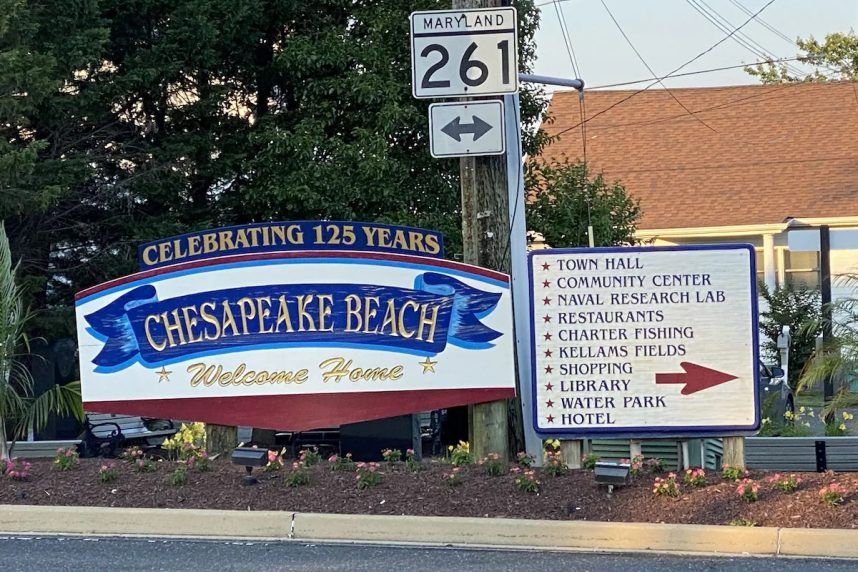Posted on: November 7, 2024, 11:50h.
Last updated on: November 7, 2024, 11:50h.
Voters in Maryland’s Chesapeake Beach turned down a ballot question regarding the expansion of gambling in their town.

In addition to voting for various positions, residents were asked whether they supported expanding gaming options in the town.
The question proposed was: “Do you support the State of Maryland permitting expanded gaming (i.e., additional electronic bingo machines, casino slots, table gaming) to venue(s) in the Town of Chesapeake Beach?”
This marks the second instance in four years where voters rejected the idea of adding live dealer table games and traditional slots to Chesapeake Beach. In 2020, approximately 72% of voters were against further gambling.
Town History
Chesapeake Beach has a gambling history dating back to the time when businesses provided slot machines to guests, earning it the nickname “Little Nevada.”
More recently, local establishments with liquor licenses installed electronic gaming machines, with a significant legal ruling in 2001 supporting their operation.
A 2001 court ruling clarified that certain electronic gaming machines were not considered slot machines under Maryland law, allowing them to continue in some counties. Electronic gaming is primarily found in Anne Arundel and Calvert counties, with the latter hosting Chesapeake Beach.
Maryland expanded its gaming laws in 2012 to include commercial casinos with slots and table games, and added sports betting in 2021.
Gaming in Chesapeake Beach
Several restaurants and bars in the town offer electronic gaming machines.
The Rod ‘N’ Reel Resort provides electronic gaming 24/7, with other venues like Traders Restaurant and Abner’s Crabhouse also featuring electronic games.
Bruce Wahl was elected as the new mayor of Chesapeake Beach, and is expected to advocate for his constituents without pushing for new gaming legislation.
Given the strong opposition to gaming expansion, it is unlikely that the mayor will pursue Las Vegas-style gaming in the town.


